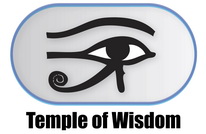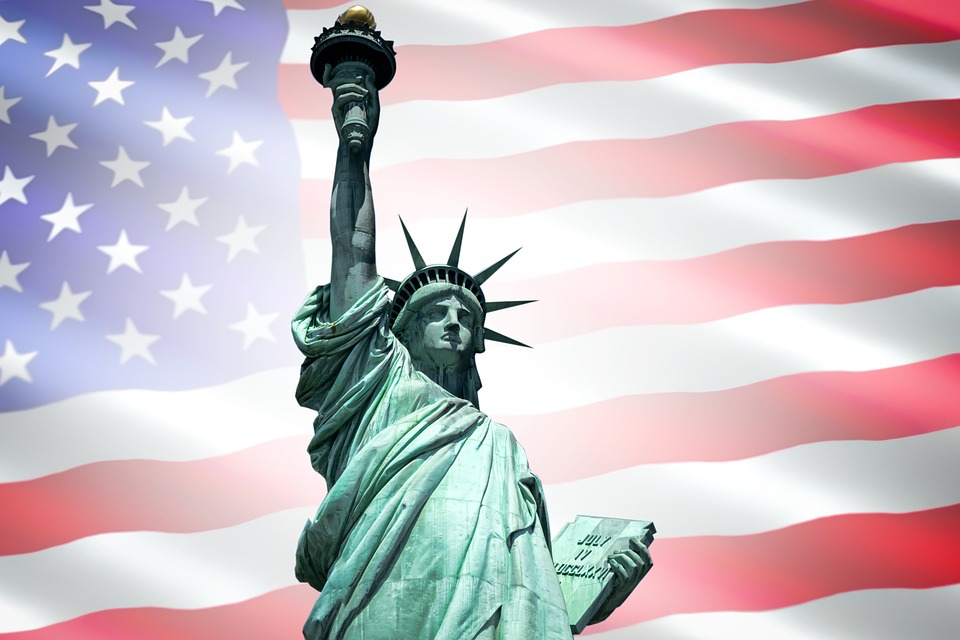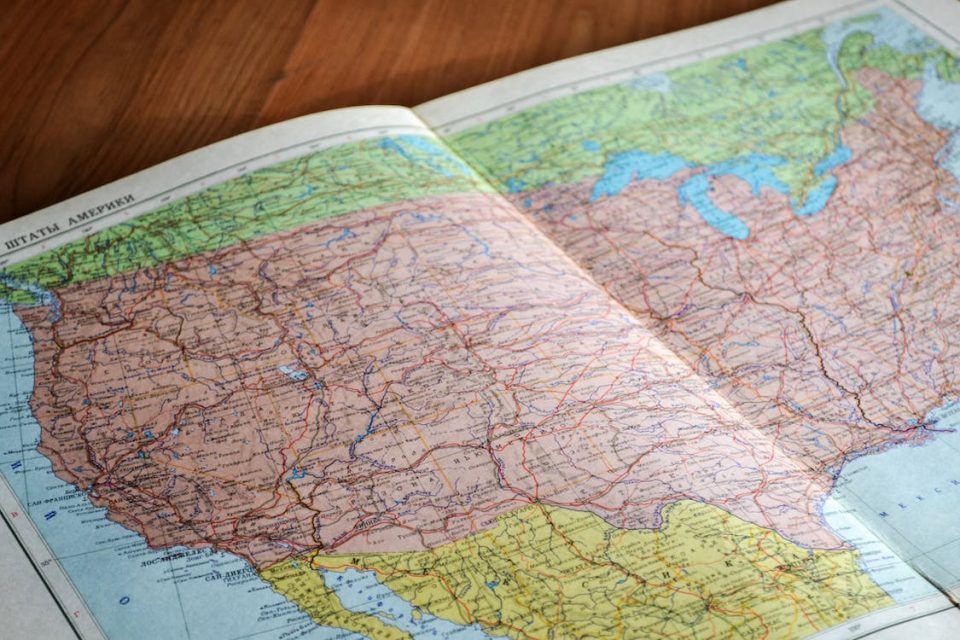
The United States’ involvement in the Vietnam War had a profound impact on American society and politics. The war was a significant turning point in American history, shaping the country’s domestic and foreign policies for decades to come.
The Vietnam War began in the late 1950s and early 1960s, as North Vietnam sought to reunify the country under communist rule. The United States, fearing the spread of communism, became involved in the conflict in the early 1960s, escalating its military presence in Vietnam over time.
Initially, the U.S. involvement in the war was supported by many Americans, who believed in the government’s efforts to contain communism. However, as the war dragged on and U.S. casualties mounted, public opinion began to shift.
By the late 1960s, the anti-war movement had grown in size and strength, fueled by a younger generation of Americans who were increasingly disillusioned with the war and the government’s handling of it.
The war had a significant impact on American politics, contributing to a growing sense of distrust of government and fueling calls for greater transparency and accountability.
The Pentagon Papers, a secret government report on the history of U.S. involvement in Vietnam, revealed that the government had been dishonest about the war’s progress and the costs of continued involvement. The release of the papers fueled public outrage and contributed to a growing sense of disillusionment with government institutions.
The Vietnam War also contributed to a broader cultural shift in American society, as the counterculture movement grew in strength and influence. The movement challenged traditional values and norms, embracing new forms of expression, such as rock music and avant-garde art, and pushing for greater social and political change.
The war had a significant impact on the African American community, as well. Many black soldiers were drafted to fight in Vietnam, and the war highlighted the ongoing racial tensions in American society. The Black Panther Party, a revolutionary socialist organization, emerged during the Vietnam War, advocating for greater political and economic equality for African Americans.
In conclusion, the United States’ involvement in the Vietnam War had a significant impact on American society and politics. The war contributed to a growing sense of distrust in government institutions and fueled calls for greater transparency and accountability. It also contributed to a broader cultural shift in American society, as the counterculture movement grew in strength and influence. The war highlighted ongoing racial tensions in American society and contributed to the emergence of new political movements advocating for greater social and political change.







